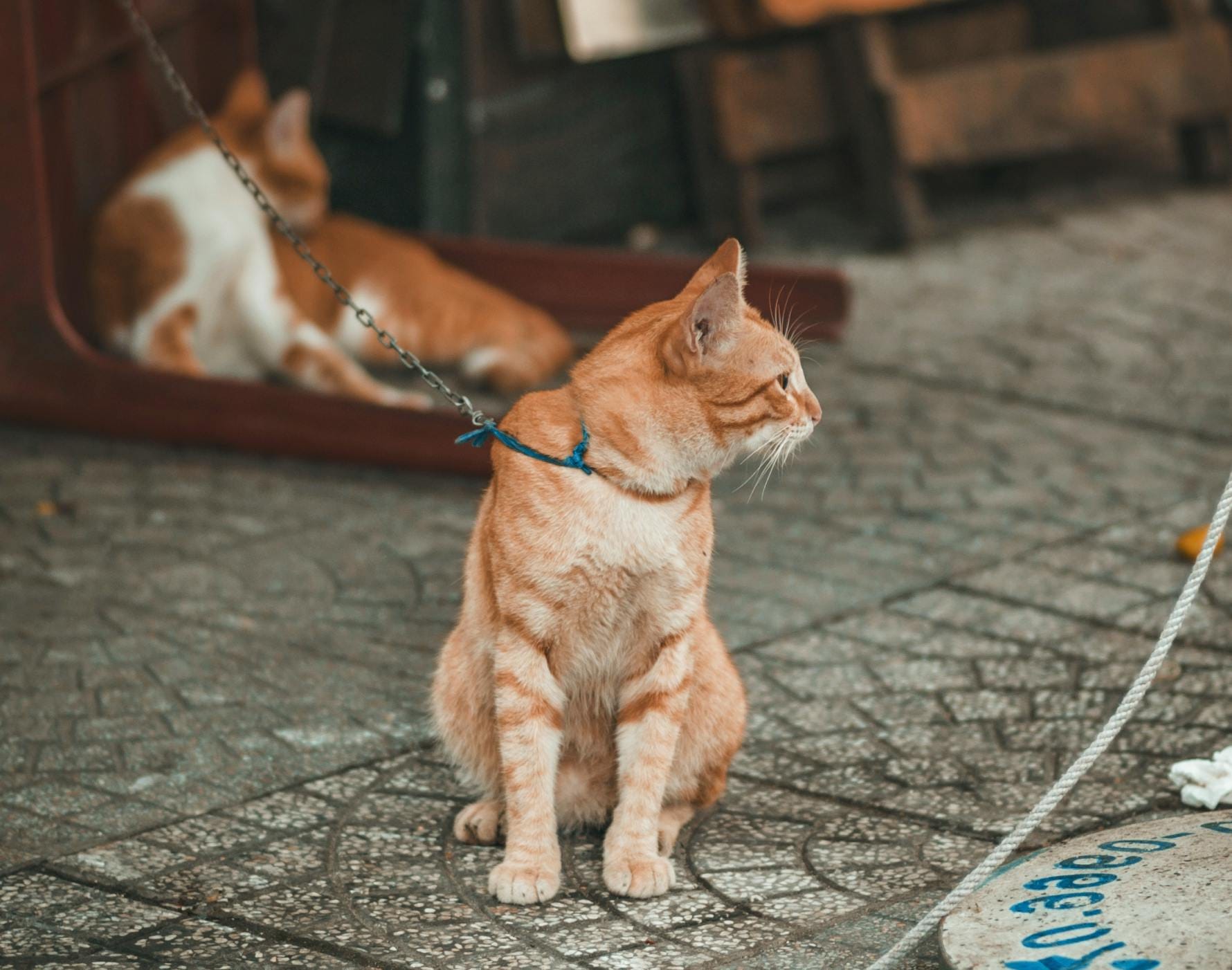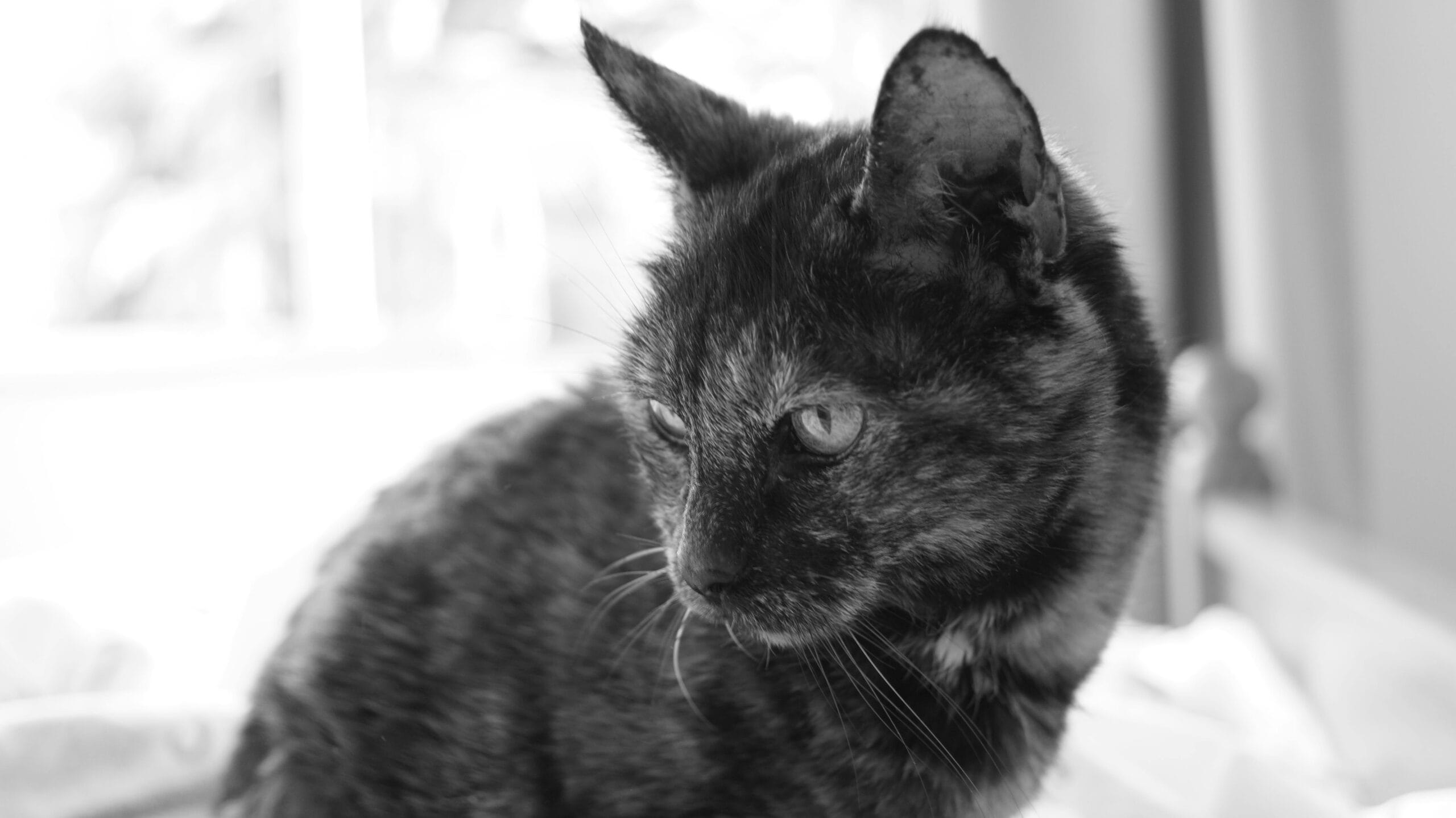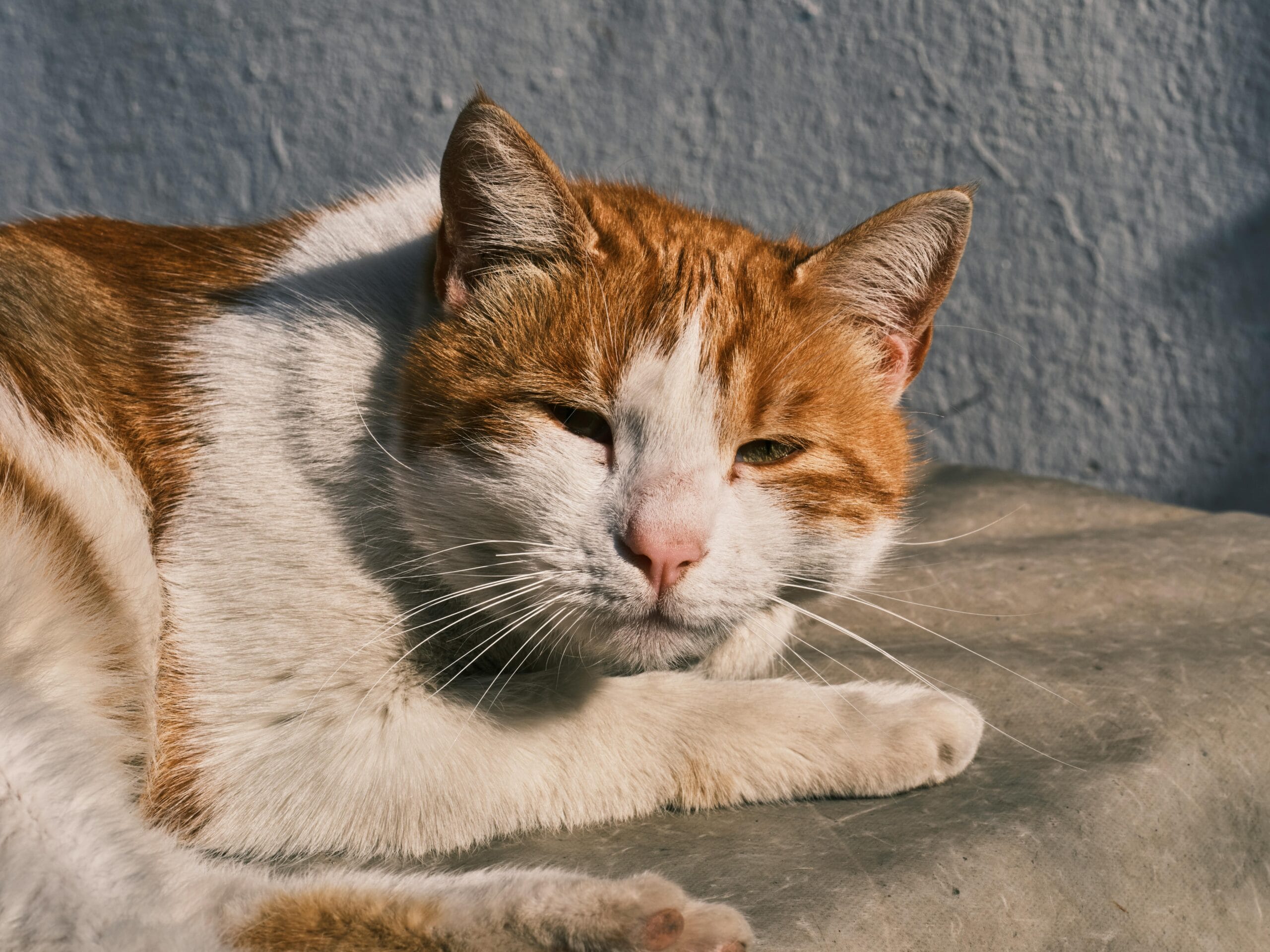Worried about your kitten refusing food? Find out how long a kitten can go without eating & what to do if your kitten won’t eat. Learn about kitten food refusal and how long a kitten can survive without food. Get expert advice now!
How Long Can A Kitten Go Without Eating? A Comprehensive Guide
As a devoted kitten owner, the well-being of your furry friend is paramount. One of the most concerning questions new kitten owners face is: How long can a kitten go without eating? This is a crucial question, especially considering a kitten’s rapid growth and high energy levels. Understanding the implications of food refusal and the potential dangers of prolonged starvation is vital for ensuring your kitten thrives.
Understanding Kitten Metabolism and Nutritional Needs
Unlike adult cats, kittens have a remarkably fast metabolism. They require a nutrient-rich diet to support their rapid growth and development. Their bodies constantly need energy to fuel their playful antics and overall development. This high metabolic rate makes them particularly vulnerable to the effects of food deprivation. While adult cats might tolerate a short period without food better, kittens are far more susceptible.
How Long Can A Kitten Survive Without Food? The Crucial Timeframe
There’s no single definitive answer to how long can a kitten survive without food. The duration a kitten can go without eating safely depends on several factors, including the kitten’s age, overall health, and the ambient temperature. However, generally speaking, a kitten should never go more than 12-24 hours without eating. Anything beyond this timeframe should trigger immediate concern and prompt a veterinary visit. Beyond 24 hours without food, a kitten can begin to experience significant health problems.
Kitten Food Refusal: Identifying Potential Problems
Kitten food refusal is a serious issue. If your kitten isn’t eating, it’s crucial to determine the underlying cause. This could range from simple issues like a change in food to more serious problems like illness, dental issues, or stress. If your usually enthusiastic eater suddenly loses interest in their food, investigating the root cause is crucial. It’s always better to err on the side of caution and consult a veterinarian if your kitten’s eating habits change dramatically.
Sometimes, seemingly picky eating can be linked to stress. For instance, if you’ve recently moved, or introduced a new pet, it can affect your kitten’s appetite. Even something as seemingly insignificant as rearranging the furniture can cause anxiety in a kitten. Understanding the potential stressors in your kitten’s environment can be the first step towards resolving a food refusal problem.
Factors Affecting How Long A Kitten Can Go Without Eating
Several factors influence how long a kitten can go without eating:
- Age: Younger kittens are more vulnerable to starvation than older kittens due to their higher metabolic rate.
- Health: A kitten with an underlying illness will deplete its energy reserves much faster than a healthy kitten.
- Temperature: In cold environments, kittens expend more energy trying to stay warm, which increases their need for food. Conversely, excessive heat can also impact their appetite.
- Access to Water: Even if a kitten isn’t eating, access to fresh, clean water is paramount. Dehydration is a serious danger, and it’s imperative to ensure your kitten is drinking consistently. You can find more information on the importance of hydration in our article on can kittens drink water.
What To Do If Your Kitten Isn’t Eating
If your kitten refuses food for more than 12 hours, take action immediately. Try offering different types of food (wet food, dry food, etc.), warming up the food slightly, or hand-feeding your kitten. If these methods fail, consult your veterinarian. They can conduct a thorough examination to determine the cause of the food refusal and recommend the appropriate course of treatment. Early intervention is key to preventing serious complications.
Remember, kittens are highly susceptible to dehydration. While addressing food refusal is crucial, it’s equally critical to ensure your kitten has access to fresh water at all times. A dehydrated kitten will weaken faster, especially if already facing food deprivation. Learning more about your kitten’s needs can help you avoid such situations in the future.
Understanding The Long-Term Effects Of Starvation
Prolonged starvation can have devastating consequences for a kitten. It can lead to severe weight loss, muscle wasting, organ damage, and ultimately, death. The impact of not eating can be severe, particularly for younger kittens who are still developing. Therefore, prompt veterinary attention is absolutely essential.
Sometimes, kittens can exhibit behaviors that seem odd to new owners. For example, while it is not common, some owners may question whether their mother cat is neglecting or even harming their kittens. This can be a concern, and understanding the typical behavior of cats is important. You might be interested in our article on do cats eat their kittens to learn more.
Prevention is Key: Establishing Healthy Eating Habits
The best approach to dealing with how long can a kitten go without eating is prevention. Establish a consistent feeding schedule, offer a variety of nutritious food options, and monitor your kitten’s eating habits closely. Any changes in appetite should be a cause for concern and warrant immediate attention.
It’s important to remember that kittens, like human babies, need a structured routine to thrive. Knowing when your kitten will next be eating and maintaining that schedule helps them feel secure. If you are considering leaving your kitten alone for a short period, make sure you understand the limitations. Our comprehensive guide on how long can kittens be left alone will help you determine what is safe and responsible.
Addressing Other Potential Problems
Beyond food refusal, other factors can affect your kitten’s well-being. For example, biting can be a common issue with kittens. If your kitten is biting excessively, we offer advice on how to get a kitten to stop biting. Understanding developmental milestones is also crucial. Knowing when do kittens become cats provides a timeframe for changes in behavior and nutritional needs.
Seeking Professional Veterinary Advice
Remember, this information is for educational purposes only and should not replace professional veterinary advice. If you’re concerned about your kitten’s eating habits or overall health, always consult with a qualified veterinarian. They can provide a proper diagnosis and develop a personalized treatment plan to address your kitten’s specific needs.
For further reading on feline nutrition, you might find the following resources helpful:
ASPCA Kitten Care – This resource provides valuable information on all aspects of kitten care, including nutrition.
Veterinary Partner – Provides comprehensive information on feline health and well-being from veterinary professionals.
Call to Action
Have you ever experienced kitten food refusal? Share your experiences and tips in the comments below! Let’s help each other ensure our feline friends are healthy and happy. Use relevant keywords like how long can a kitten go without eating, kitten food refusal, or how long can a kitten survive without food in your comments to help other readers find valuable information.

- How long can a kitten go without eating?
- A healthy kitten can usually go 12-24 hours without food without serious consequences. However, this depends on the kitten’s age, size, and overall health. If a kitten goes longer than this, particularly a very young kitten, seek veterinary attention immediately.
- My kitten hasn’t eaten in 24 hours, should I be worried?
- Yes, you should be worried. Twenty-four hours without food is a significant amount of time for a kitten, especially if they are very young. Contact your veterinarian immediately. This could indicate an underlying health problem or kitten food refusal.
- How long can a kitten survive without food?
- A kitten cannot survive indefinitely without food. While a short period of fasting (less than 24 hours) is usually not a problem for a healthy kitten, prolonged food deprivation can lead to dehydration, hypoglycemia (low blood sugar), and ultimately, death. The length of survival depends heavily on the factors mentioned above.
- My kitten is refusing food, what should I do?
- Kitten food refusal can be a serious issue. Try offering different types of food, warming their food slightly (not hot!), checking for dental issues, and ensuring fresh water is always available. If the refusal persists for more than a day, consult your vet immediately. This could be a symptom of illness.
- How long can a newborn kitten go without eating?
- Newborn kittens are extremely vulnerable. They should nurse from their mother every few hours. Even a few hours without nursing can be critical. If a newborn kitten isn’t nursing, contact your veterinarian immediately.
- My 8-week-old kitten hasn’t eaten all day, is that a problem?
- Yes, that’s a cause for concern for an 8-week-old kitten. While a short period of time without food might be okay, it’s best to monitor them closely and contact your vet if they haven’t eaten or shown interest in food for over 12 hours.
- What are the signs of a kitten who needs to eat?
- Signs of hunger in kittens can include meowing persistently, actively searching for food, restlessness, and decreased activity levels. They may also show interest in food bowls or actively sniffing at food.
- Is it okay to force-feed a kitten?
- Generally, no. Forcing a kitten to eat can cause more stress and harm. Instead, consult your vet to determine the underlying cause of the kitten food refusal. They may advise appropriate strategies to help your kitten eat.
- My kitten vomits after eating, how long can they go without food?
- If your kitten is vomiting after eating, do not let them go without food for extended periods. Vomiting can lead to dehydration. Consult your veterinarian immediately to determine the cause of the vomiting.
- How long can a kitten go without eating if they have diarrhea?
- A kitten with diarrhea is at risk of dehydration. If your kitten has diarrhea and isn’t eating, contact your vet immediately. Prolonged lack of food and diarrhea are serious and require prompt veterinary care. How long a kitten can go without eating in this situation depends entirely on their hydration levels and the severity of the diarrhea.

How Long Can a Kitten Go Without Eating?
The question of how long a kitten can go without eating is crucial for responsible pet ownership. A kitten’s nutritional needs are significantly higher than an adult cat’s due to their rapid growth. Unlike adult cats who can tolerate short periods without food, kittens are more vulnerable to hypoglycemia (low blood sugar) if they skip meals. Therefore, it’s essential to establish a regular feeding schedule and monitor your kitten’s eating habits carefully. Leaving a kitten alone for extended periods requires careful planning, including arranging for someone to feed them or providing enough food for the duration. You can learn more about leaving kittens alone by visiting this helpful guide: How long can kittens be left alone?
For kittens under 8 weeks old, it’s generally recommended to feed them every 2-3 hours. This frequent feeding helps maintain their blood sugar levels and supports healthy growth. Older kittens (8 weeks to 6 months) can tolerate slightly longer periods between meals, but should still eat at least three times a day. Always ensure fresh water is readily available; dehydration can exacerbate the effects of food deprivation. For more information on feline hydration, see Can kittens drink water?
Signs your kitten isn’t eating enough include lethargy, weakness, weight loss, and a lack of energy. If you notice any of these symptoms, consult a veterinarian immediately. It’s important to remember that even a short period without food can be detrimental to a young kitten’s health. While some kittens may naturally have a lower appetite at times, persistent refusal to eat is a cause for concern.
Once your kitten reaches adulthood (generally around 1 year old, although the timeframe varies by breed), their food requirements change. Learn more about when kittens become cats by visiting this link: When do kittens become cats? Even then, always ensure access to fresh food and water. While adult cats can go for a slightly longer period without food than kittens, starvation can lead to serious health issues.
While this article focuses on food deprivation, it’s also important to address behavioral issues like excessive biting. If your kitten is constantly biting, addressing this behavior is crucial for its well-being and your safety. Find helpful tips here: How to get a kitten to stop biting? Furthermore, while this is less relevant to food intake directly, understanding feline maternal behavior is important. Read more about this to rule out unusual scenarios: Do cats eat their kittens?
In conclusion: Never leave a kitten unattended for extended periods without ensuring access to food and fresh water. Their small size and rapid growth make them incredibly susceptible to the negative consequences of food deprivation. Regular monitoring and prompt veterinary attention are key to ensuring your kitten’s health and well-being.

How Long Can A Kitten Go Without Eating, kitten food refusal, how long can a kitten survive without food